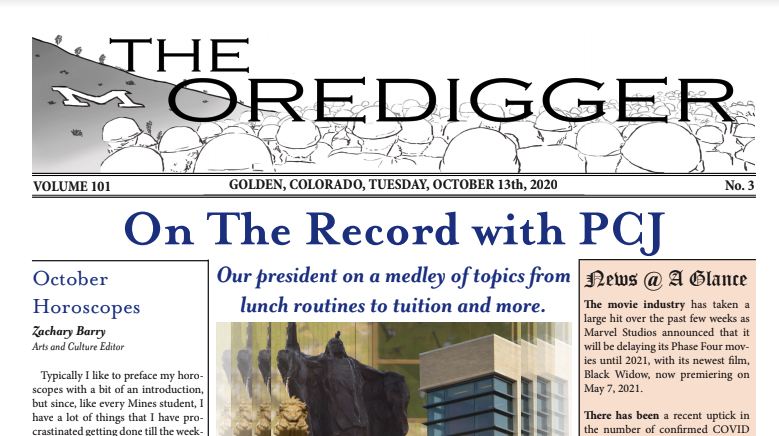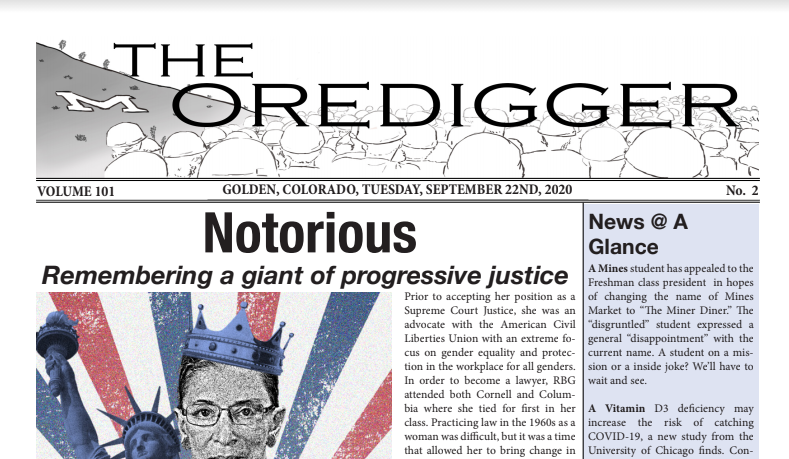The question, “What is science?” in addition to being philosophically interesting, has important practical and social implications. For example, the National Science Foundation reports that, in 2003, at least 25% of Americans believe that astrology is a true theory.[1] A 2012 Gallup Poll reports that 46% of Americans believe that creationism is a true theory.[2] Given that one acts based upon what one believes, it is reasonable to assume that some Americans act in accordance with astrology or creationism. The consequences of these actions range from silly (only associating with ‘Virgos’) to serious (devaluing scientific exploration in the name of religious dogmatism). Astrology and creationism are widely regarded as non-scientific (or, “pseudo-science”) by the scientifically literate. So, how do scientifically literate individuals make judgments about what is, and what is not, a science? What rational criteria can be proposed that would demarcate, say, physics, astronomy, biology, etc.—the disciplines that we agree are sciences—from pseudo-sciences like astrology and creationism? It turns out that the task of deriving demarcation criteria is difficult: under a bit of rational scrutiny, seemingly satisfactory demarcation criteria turn out to be unsatisfactory. Let’s look at some plausible candidates:
One proposed criterion for demarcating science from pseudo-science is verification. “Verificationism”—the theory that holds verification as the demarcating criterion—claims that only empirically verifiable theories are meaningful (i.e., only theories containing statements that we can go out into the world and test). Further, all theories containing statements that cannot be verified are meaningless. Of course, scientific theories are taken to be meaningful, and thus, in order for a theory to be scientific, its statements must be verifiable. But verificationism is not a suitable theory for demarcation because it is self-defeating. To see how it is self-defeating, notice that the main claim of verificationism—that only empirically verifiable statements are meaningful—is itself not empirically verifiable. Thus, it is not meaningful and cannot be used as a demarcation criterion.
Another very popular criterion for scientific demarcation endorsed by philosopher Karl Popper is falsifiability. Popper holds that a theory is scientific if it can, in principle, be falsified by coming into conflict with contrary evidence. So, on the one hand, Einstein’s theory of gravitation is a falsifiable theory because the theory makes claims that could be contrary to facts (e.g., if light does not bend around the moon, the theory would be falsified). On the other hand, astrology is not falsifiable because it makes claims so vague that they cannot be falsified (“Something bad will happen to you in the future.” What will? How bad? When?)
The major problem with falsification as a demarcation criterion is that scientific theories are underdetermined: that is, no hypothesis is ever tested in isolation, and, what might be interpreted as a falsification of the claim being tested may really be the falsification of some auxiliary claim(s). The following example illustrates this point: suppose I hypothesize that my glasses are crooked, and I develop the following method to decide whether my hypothesis is true: place my glasses down on my desk. If they wobble, they are crooked (hypothesis confirmed); if they do not wobble, they are straight (hypothesis denied). My method does not test my hypothesis in isolation. It also tests, for example, the flatness of my desk, the keenness of my sense perception, etc. In the same way, scientific experiments also test auxiliary assumptions (e.g., that the instruments are calibrated correctly, that events are uncorrelated). Thus, it is not obvious that falsification is possible in science, let alone a viable option for a demarcation criterion.
So, at least for now, we are at an impasse: we believe that physics, astronomy, biology, etc., are different from astrology and creationism, but we lack the precise justification for why this is so. Much more can be said about this topic. In fact, there is an entire sub-discipline of the philosophy of science that deals with demarcation. Given the potential negative consequences of believing in pseudo-sciences, it is worth knowing about this topic (and other important topics!) in the philosophy of science. The Division of Liberal Arts and International Studies (LAIS) has courses that address some of these issues, and, with some student support, may be willing to develop a philosophy of science course. Feel free to contact me, or write a letter to the editor, if you are interested in, or have comments about the philosophy of science.
Brian Zaharatos
bzaharat@mymail.mines.edu
________________
[1] http://www.nsf.gov/statistics/seind06/c7/c7s2.htm#c7s2l3
[2] http://www.huffingtonpost.com/2012/06/05/americans-believe-in-creationism_n_1571127.html



'What is Science?' has no comments
Be the first to comment this post!